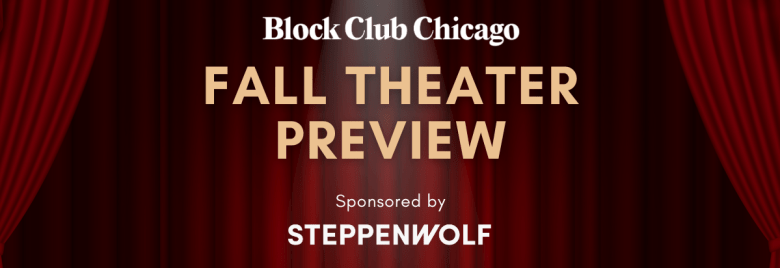PILSEN — The annual Lit & Luz Festival returns to Chicago this Saturday, bringing together authors, poets, visual artists and musicians from Chicago and Mexico.
The artists will deliver live performances, writing workshops and panels to foster conversations on cultural exchange over two weeks.
The festival starts Saturday with a free live music event at Thalia Hall’s Tack Room in Pilsen, 1807 S. Allport St., and concludes Nov. 2 with a live magazine performance at the Museum of Contemporary Art, 220 E. Chicago Ave.
Lit & Luz highlights this year include:
- 2 p.m. Sunday at 18th Street Casa de Cultura, 2057 W. 18th St.: keynote address by author Alejandra Oliva, who will read from her recent memoir followed by a book signing.
- 6 p.m. Monday at Logan Center for the Arts, 915 E. 60th St., penthouse room 901: an artist talk with Fabiola Torres-Alzaga from Mexico City.
- 12:30 p.m. Tuesday at the Center for the Study of Race, Politics & Culture at The University of Chicago, 5733 S. University Ave.: a panel featuring Irma Pineda and Wendy Call discussing trilingual works.
- 5:30 p.m. Oct. 30 at Instituto Cervantes, 31 W. Ohio St.: three bilingual writing workshops hosted by authors from Chicago and Mexico.
- 5:30 p.m. Nov. 1 at Pilsen Community Books, 1102 W. 18th St.: a conversation with young authors Javier Peñalosa M. and Clyo Mendoza.

The festival’s 11th year promotes the theme of “Saturation/Saturación.”
“It’s a word that has a strong visual, social, political and technological history,” said Zespo, the festival’s visual arts director, who prefers to go by a single name. “Saturation can be in color, but also in media, like on screens and the abundance of information.”
Given the context of the presidential elections in Mexico and the United States, it’s important to explore and discuss current global events under this theme, Zespo said. Artists will create performances that saturate something or depict a saturated condition, he said.
Angelica Davila, the festival’s partnership director and literary programmer, said a highlight of this year’s festival is the focus on movement and live performances, contrasting with previous years that featured more static images and video.
The live magazine has been a signature closing event for Lit & Luz, showcasing poets and writers on stage. Zespo said this year’s show will include interactive elements, such as inviting the audience to participate in a karaoke-like piece and reading poems in three languages.
Chicago-based poet Faisal Mohyuddin, a longtime festival fan, is collaborating with Fabiola Torres-Alzaga for the first time on a piece — “[Then silence. Darkness.]” — to be performed during the live magazine show.
“Almost all of my writing has been done in isolation, just me and either my notebook or computer,” Mohyuddin said. “So being inspired by someone and creating something together has been a really fun and meaningful experience for me.”

Translation plays a vital role in this year’s festival, with many artists being bilingual and having their works translated into various languages. For instance, multilingual Mexican writer Irma Pineda will discuss Indigenous languages and their preservation with translator Wendy Call Tuesday at the University of Chicago.

“It’s about the multilingual aspect and the role of translation,” Davila said. “Because translation is not just about the language; it’s also cultural.”
Davila encourages those interested in creative writing and Spanish-language literature to register for the three writing workshops Oct. 30.
“We want to ensure that our conversations don’t just exist within higher education and academia,” Davila said. “That’s why we have our keynote at 18th Street Casa de Cultura and book readings in Pilsen to make these events more accessible.”
Most Lit & Luz events are free. The Live Magazine show requires a ticket RSVP. You can view more event details and artists’ bios in the full calendar.
Listen to the Block Club Chicago podcast:

